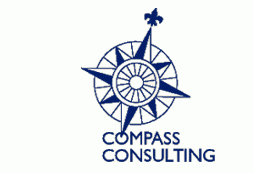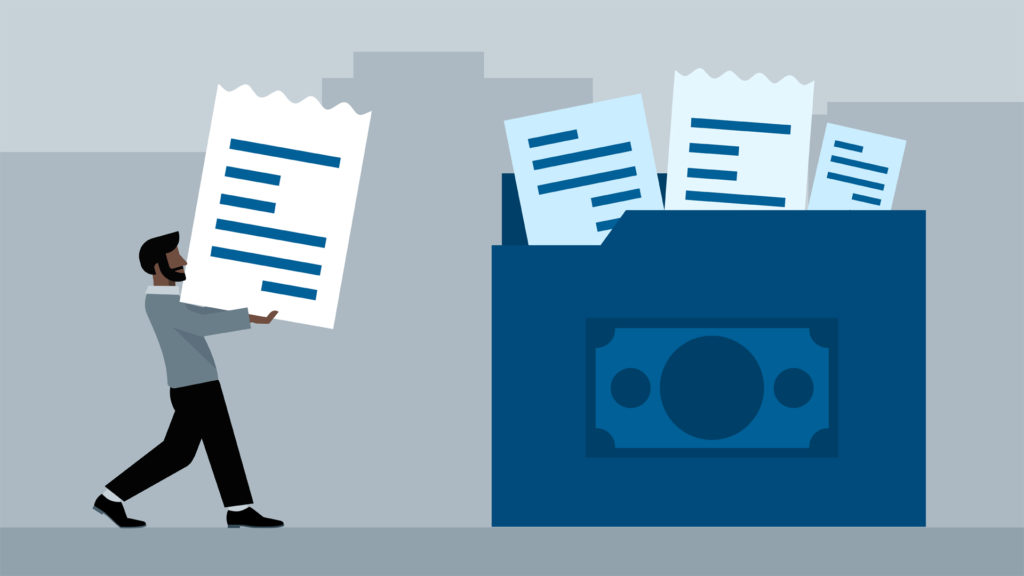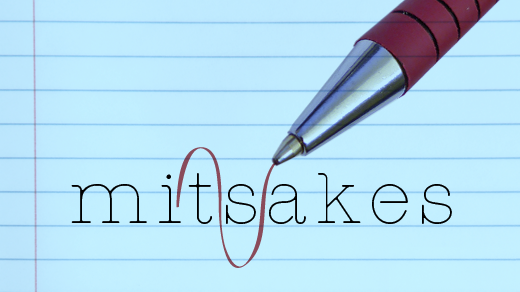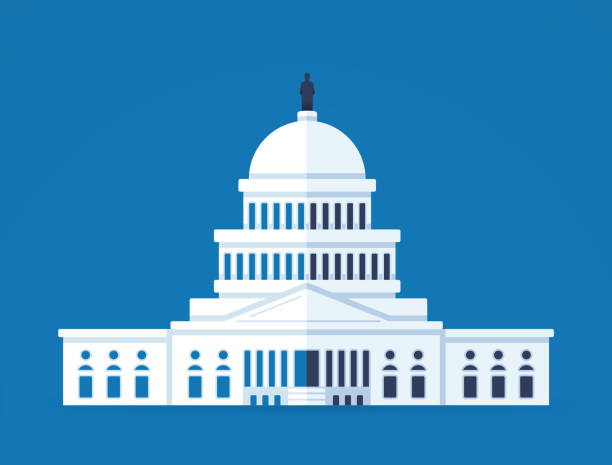Keeping up to date and accurate records is critical to business, but there is more to record keeping than just saving your receipts. It is advisable; at a minimum, to keep a journal or register of transactions as well as documents. We recommend using electronic documentation software, such as QuickBooks. No matter the size of your business, there is an electronic record keeping option for you. The advantage of using software to track records over paper is the insight that reports can provide.
Here is how proper record keeping can help your business:
- Monitor progress of business goals
- Identify sources of income
- Track deductible expenses
- Track property basis
- Prepare financial statements
- Prepare tax returns
- Document items reported on tax returns
What Documents Do I Need to Keep?
Revenue: Any income that is received by your business needs to be documented. When recording income, be sure to document: the date of transaction, how much was received, whom the income came from and save any supporting documents such as deposit slips, sales receipts or invoices.
Purchases: Items you buy for your business as a cost of goods sold needs to be documented. When recording purchases, be sure to document: the date of the transaction, how much was spent, who & what the product or service were for and save any supporting documents such as checks, bills and bank/credit card statements.
Expenses: Item costs to conduct your business, other than purchases, need to be documented. Supporting documents should show: amount paid, description substantiating the amount was for a business expense and a date of transaction. This is particularly important for any deductible expenses such as: Travel, Transportation, Entertainment and Gifts.
Assets: Items such as property, machinery and furniture that is owned and used in your business must be kept on record. You may be required to verify your business assets if applying for a loan or are part of an audit system. Also, you will need to compute depreciation annually to determine a gain or loss when an asset it sold.
Records to keep per each asset:
- When and how you acquired the asset
- Purchase price
- Cost of any improvements
- Section 179 deduction taken
- Deductions taken for depreciation
- Deductions taken for casualty losses
- When and how you disposed of the asset
- Selling price
- Expenses of sale
Employment taxes: Records of employment tax records must be kept for at least four years after the 4th quarter of the final taxes are paid. Here are documents you need to hang on to:
- Your employer identification number filing
- Amounts/dates of all wages paid
- Any tips reported
- Name, address, social security number, dates of employment and occupation of all employees
- Any employee copies of Form W-2 that were returned
- Payments made to employees due to leave
- Copies of employees Forms W-4, W-4P, W-4S, and W-4V
- Dates and amounts of tax deposits you made
- Copies of returns filed
- Records of fringe benefits
How long should I keep records?
The IRS views records as a way to substantiate what is reported on your income tax returns. This is called the “Burden of Proof”. That being said, these rules are based on the period of limitations that apply to income tax returns.
- Keep records for 7 years if you file a claim for a loss on worthless securities or bad debt
- Keep records for 6 years if you do not report income that you should report, and it is more than 25% of the gross income shown on your return
- Keep records indefinitely if you do not file a return or file a fraudulent return
- All other situations require you to keep records for 3 years after a return is filed
In the interest of professional and accurate record keeping, storing documents for a longer period of time is recommended. Most accountants recommend saving documents for at least 7 years,but it depends on the item. For instance, you will want to keep documents about an asset for the life of its ownership. There are many ways to keep organized either with paper filing or digital records. Being able to find records easily is not something to take for granted. Just keeping pieces of paper without any system of organization is not record keeping. It is highly advisable to have a professional accountant setup and/or maintain a record keeping system for your business.






